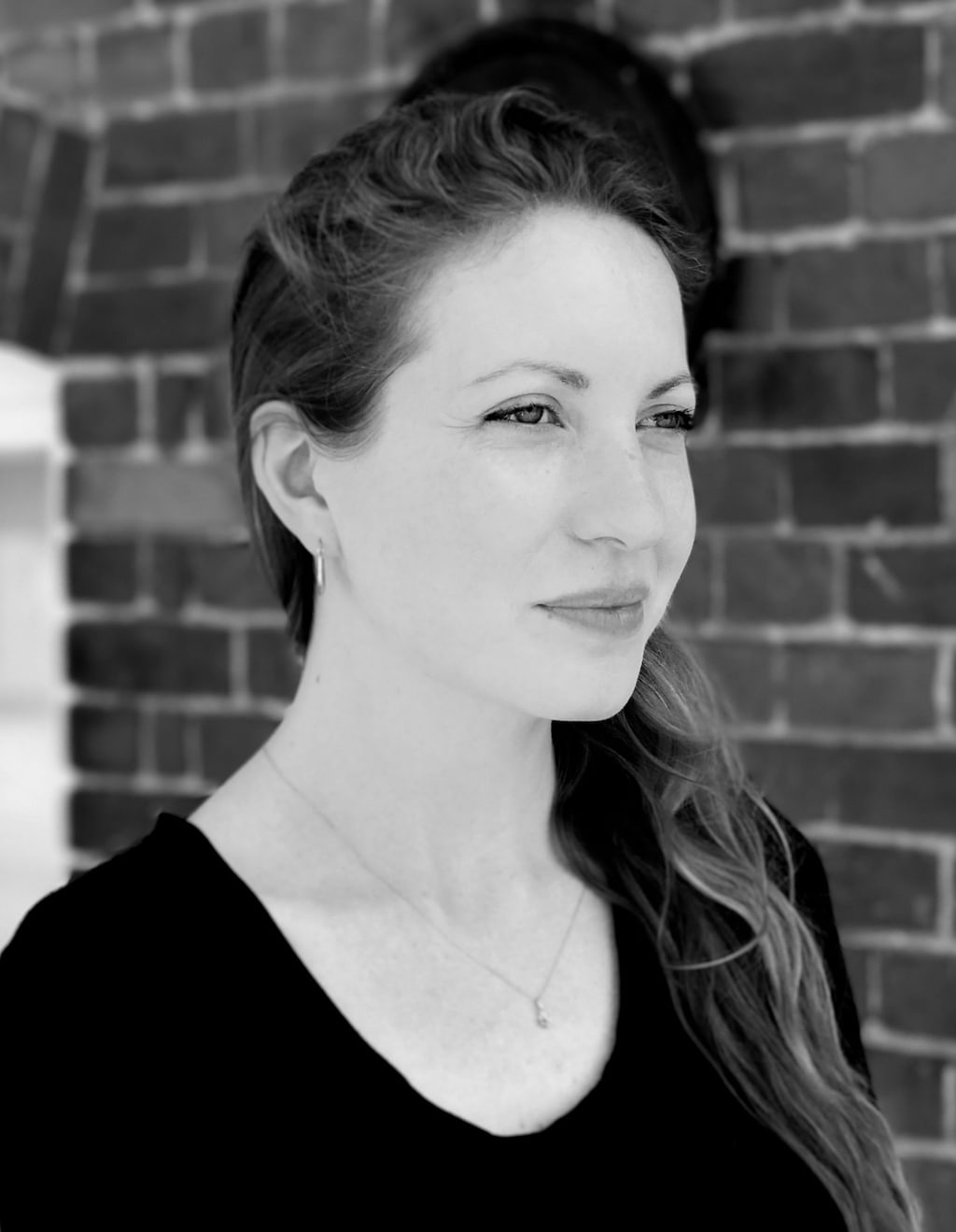What is your earliest musical memory?
Like many children, I started learning the recorder in primary school. I think I was more excited about it than most of the class! It wasn’t until a couple of years later, though, that my journey into creating music really began. Our school was visited by a local music trust, now called Berkshire Maestros, which delivers music opportunities to young people in the county. I remember that they showed us different wind instruments and it was an incredible discovery that I could potentially play more than just the recorder. For me, that experience highlights the importance of music in schools, especially for those who may not otherwise have the opportunity.
How did training at the Academy help your career?
Before attending the Academy, my experience of composing had been limited to specific contexts such as community choirs. My first composition lessons were while I was an undergraduate at King’s College London, which gave me the technical confidence to start writing music. However, when I got the Academy, it opened a whole new world of opportunities. I had access to so many different talented musicians, from soloists to chamber ensembles and orchestras. The experience I gained there was completely transformational for me as a musician.
Congratulations on your Ivor Award nomination for Daylighting. How did the project come about?
Daylighting is a community opera that was commissioned by the Academy for its Bicentenary celebrations. The libretto was written by Clare Shaw, a poet who I’ve worked with on a few different projects before – although this is the biggest thing we’ve done to date.
Our starting point was to create a sense of place around the Academy. Clare and I also write a lot about environmental issues, so we wanted to continue with that theme. We came up with a story that revolves around the River Tyburn, which is one of London’s hidden rivers that used to run near the Academy’s building, where Marylebone Lane is now. The idea behind the production’s title, Daylighting, is exploring the possibility of uncovering and regenerating a hidden river as a way to potentially prevent flooding.
Open Academy led a collaboration with children from local primary schools, alongside soloists and instrumentalists from the Academy. Through workshops in the schools, I was able to involve the children in the writing process. I was so impressed by the way they engaged with the music and provided feedback. I think the highlight for me was when the whole cast came together to rehearse at the schools, and we got to hear the production live for the first time.
You’ve written an impressive three compositions for our 200 PIECES project. Tell us about the inspiration behind those pieces.
I’m often inspired by folk music, and all three of the pieces I’ve written involve folk tunes in some way.
I worked with alumnae Claudia Lucia Lamanna and Bianca Beng on a piece for harp, which was inspired by an Italian folk song. The second piece, based on a Gaelic bagpipe tune, was written for the organ and performed by alumnus Joshua Ryan. The most recent piece I wrote premiered this autumn and was written for cellist and another former Academy student, Amy Jolly. It was incredibly rewarding to work with all the performers one to one and workshop the pieces with them. You can have a level of engagement and insight that is only possible in a solo context.
Can you tell us more about Sing Healthy Choirs?
Sing Healthy Choirs is a charity I started working with 10 years ago, first as an accompanist and now also as Co-Artistic Director. We run two community choirs in Berkshire which are open to all adults, with no audition or musical knowledge requirements. Community choirs allow the opportunity for anyone to create music and enjoy the benefits of singing.
The value of the choirs became particularly apparent during the pandemic. It was so important for people to have the sense of togetherness that one has in a choir, even if we could only meet online. It showed the power music can have to help us in our lives, even in the most difficult times.
What other projects have you got coming up?
I have a premiere coming up this month at the Barbican, which is a commission for the London Symphony Orchestra. I started writing the piece before the pandemic, and it’s nerve-wracking when something that has been with you for so long is put out there for others to hear. Though, of course, it’s a huge honour to write for the LSO. My work is about sharing my passion for music and I hope that’s enjoyed by others as well!
